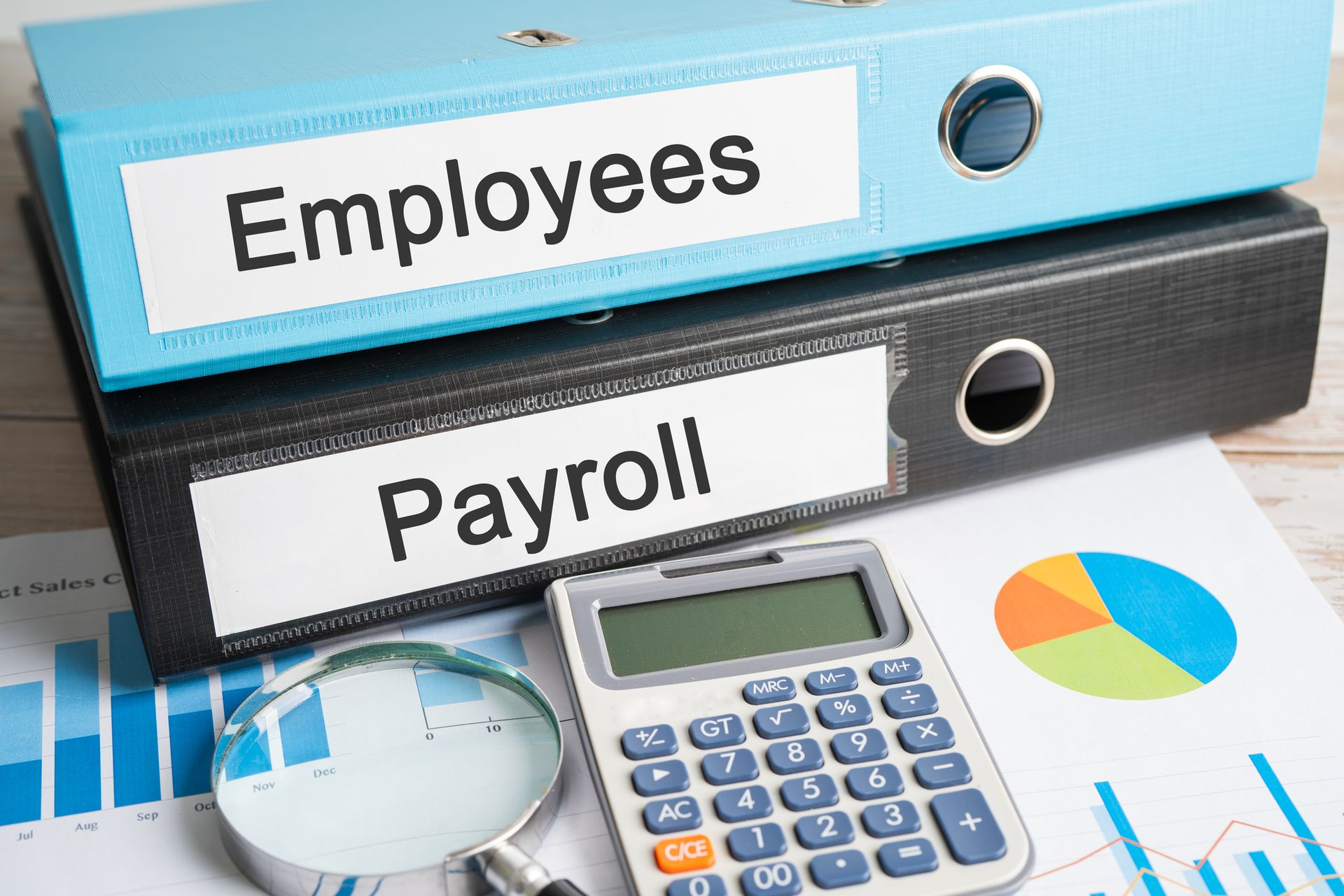Minimizing Taxes: Utilizing Tax Loss Harvesting to Offset Capital Gains in Rental Real Estate
Minimizing Taxes: Utilizing Tax Loss Harvesting to Offset Capital Gains on Rental Real Estate
Understanding Capital Gains in Real Estate
When you sell a rental property for more than its adjusted basis (the property's cost plus any improvements, minus any depreciation), you realize a capital gain. This gain is subject to capital gains tax, which can be a substantial amount, depending on your tax bracket and how long you've held the property.
The Basics of Tax Loss Harvesting
Tax loss harvesting is a strategy used by investors to offset capital gains with losses from other investments. In the context of real estate, this means using losses from your investments (like stocks, bonds, or other properties that have lost value) to balance out the gains you've made on selling a rental property.
How Tax Loss Harvesting Works
Identify Investments with Unrealized Losses: The first step is to evaluate your investment portfolio to identify assets that have decreased in value since you purchased them. These are your unrealized losses.
Realize the Losses: You realize these losses by selling these underperforming assets. It's crucial to make these sales strategically, keeping in mind the tax implications and your long-term investment goals.
Offsetting Gains with Losses: Once these losses are realized, they can be used to offset capital gains from your profitable investments, like a rental property. If your losses exceed your gains, you can use up to $3,000 of excess loss to reduce your ordinary taxable income each year and carry forward remaining losses to future tax years.
Strategies for Effective Tax Loss Harvesting in Real Estate
Diversify Your Portfolio: Diversification across various asset classes can provide more opportunities for tax loss harvesting. This means spreading your investments across stocks, bonds, real estate, and other assets.
Regular Portfolio Review: Conduct regular reviews of your portfolio to identify any opportunities for tax loss harvesting. Timing is crucial, as you want to realize losses in the same tax year as your gains.
Consult with a Tax Professional: Tax laws can be complex and ever-changing. It's advisable to work with a tax professional who can provide tailored advice based on your specific situation. If you don't have a tax professional that give good tax advice, contact us.
Beware of the Wash-Sale Rule: In the stock market, the wash-sale rule prevents you from claiming a loss on a security if you repurchase a “substantially identical” security within 30 days before or after the sale. While this rule doesn’t directly apply to real estate, a similar principle of not engaging in transactions just for tax purposes should be kept in mind.
Potential Pitfalls and Considerations
Market Risks: Selling assets for tax loss harvesting exposes you to market risks, including missing out on potential rebounds in the value of the assets sold.
Transaction Costs: Consider transaction costs when selling assets, as these can eat into the benefits gained from tax loss harvesting.
Long-term Investment Strategy Alignment: Ensure that your tax loss harvesting decisions align with your long-term investment goals and not just immediate tax benefits.
In Summary
Tax loss harvesting can be an effective tool for real estate investors looking to offset capital gains from rental properties. By strategically realizing losses in other parts of your investment portfolio, you can significantly reduce your tax liability, thereby maximizing your returns. However, it’s important to approach this strategy thoughtfully, with an eye on both the immediate tax benefits and your broader financial goals. Consulting with a tax professional can provide valuable insights tailored to your unique situation, ensuring that your investment strategy remains robust and compliant with tax laws.












